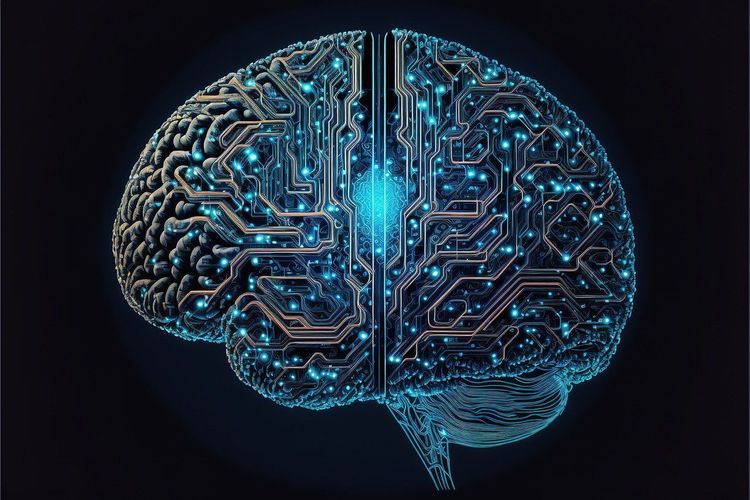OpenAI, once a formidable force in artificial intelligence, now faces a precarious future.
In a shocking series of events that has sent ripples through the tech industry, three top executives have quit this week, leaving the company in disarray.
Are you ready for AI agents?
John Schulman, a co-founder and architect of OpenAI’s groundbreaking algorithms, has left for competitor Anthropic. Greg Brockman, another co-founder and the company's president, is taking an “extended sabbatical”—a euphemism for his impending departure.
Peter Deng, a product expert recruited from Meta just last year, is also exiting, highlighting the rapid decline of OpenAI’s fortunes. This exodus of talent threatens to shift OpenAI from its position as an industry leader into a cautionary tale.
Schulman’s relocation to Anthropic could significantly alter the competitive landscape of the AI sector. His ability to translate abstract concepts into impactful applications creates a gap that OpenAI may struggle to fill.
This talent drain represents the latest development in what resembles a Shakespearean tragedy. Yet, in the fast-evolving arena of tech startups, leadership changes are common, and the full impact of these exits remains uncertain.
Silicon Valley Drama: Lawsuits, Betrayal, and Principles at Stake
The turmoil is compounded by internal strife, including the boardroom coup last November that temporarily ousted CEO Sam Altman. That event marked the beginning of an unprecedented period of instability for the once-mighty AI giant.
Elon Musk, a co-founder of OpenAI and its former champion, has entered the fray with a lawsuit that feels like a Silicon Valley drama. He accuses OpenAI of straying from its original mission, prioritizing profits over the greater good, further eroding public trust in the beleaguered company.
AI Arms Race Intensifies: Competitors Emerge as OpenAI Stumbles
The most significant threat to OpenAI now comes from its competitors. Google, previously seen as lagging in AI, has re-entered the race with its new Gemini models launched just last week. These models are matching—or exceeding—OpenAI’s capabilities in benchmark tests, propelling the AI race forward and diminishing OpenAI's former lead.
Meta’s open-source Llama models challenge OpenAI's walled-garden approach, advocating for democratized AI. Smaller firms like Anthropic and Mistral also prove that agility and innovation can outshine established reputation; both have outperformed OpenAI in key tests.
This confluence of challenges indicates a company in the throes of an identity crisis. Once the undisputed leader in AI, OpenAI now finds itself besieged, with top talent leaving, reputation dwindling, and technological advantage fading rapidly.
The Road Ahead: A Pivotal Moment for OpenAI
What lies ahead for the organization that aimed to deliver artificial general intelligence?
Optimists may view this as a crucial period of transformation, akin to Apple's revival in the ’90s. Conversely, pessimists perceive a company lost to the pursuit of profit at the expense of its foundational ideals.
The reality likely exists between these extremes. OpenAI now confronts a critical juncture: can it endure this turmoil and re-establish its role as a leader in AI innovation? Or will it become another example of a tech company whose ambition led to its downfall?
As summer turns to fall, all eyes are on OpenAI. Its forthcoming decisions will not only dictate its own future but could also influence the entire AI landscape.
In an industry defined by disruption, OpenAI finds itself in a role reversal as the disrupted. The generative AI revolution continues, but its once-leading figures now navigate uncertain terrain.
OpenAI's turbulent summer serves as a stark reminder of the tech industry's volatility. Today’s giants can quickly become tomorrow's cautionary tales.
As we approach an AI-driven future, the lessons from OpenAI’s challenges may determine whether that future holds promise or peril. The clock is ticking, the world watches, and for OpenAI, the tumultuous season shows no signs of cooling.







